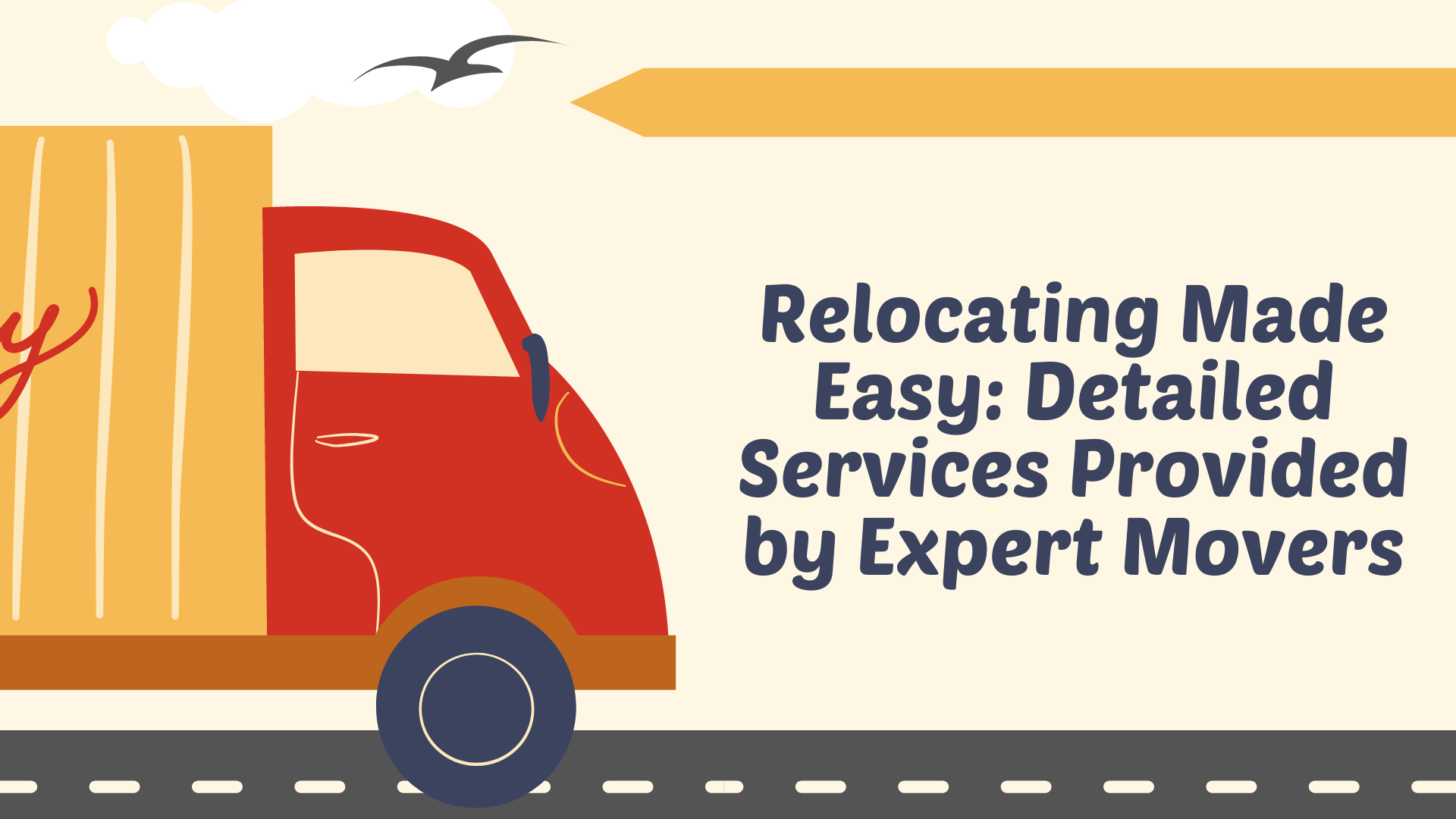In the dynamic world of e-commerce, choosing the right platform for your online store is crucial. Two of the most popular platforms are Shopify and WooCommerce. While Shopify is known for its ease of use and all-in-one solution, WooCommerce offers unparalleled flexibility and customization options. This article delves into the benefits of migrating from Shopify to WooCommerce, helping you make an informed decision for your business.
1. Cost-Effectiveness
One of the primary reasons to migrate Shopify to WooCommerce is cost-effectiveness. Shopify operates on a subscription-based model with tiered pricing plans. As your business grows, the costs can escalate, especially with transaction fees and additional app costs.
WooCommerce, on the other hand, is a free plugin for WordPress. While you will need to pay for hosting, domain, and any premium plugins or themes, the overall cost is often lower than Shopify. Moreover, WooCommerce does not charge transaction fees, which can result in significant savings, especially for high-volume stores.
2. Flexibility and Customization
WooCommerce offers unmatched flexibility and customization options. Built on WordPress, the world’s most popular content management system (CMS), WooCommerce allows you to tailor every aspect of your store. With thousands of themes and plugins available, you can customize your store’s design, functionality, and user experience to suit your specific needs.
Shopify, while user-friendly, is more limited in terms of customization. The platform offers a selection of themes and apps, but it does not provide the same level of control and flexibility as WooCommerce. For businesses looking to create a unique and highly personalized online store, WooCommerce is the superior choice.
3. Control Over Your Data
Data ownership and control are crucial considerations for any online business. With Shopify, your store data is hosted on Shopify’s servers, and you are subject to their terms and conditions. This can be a limitation if you want complete control over your data and how it is used.
WooCommerce gives you full ownership of your store data since it is a self-hosted solution. You have the freedom to choose your hosting provider and manage your data independently. This control is vital for businesses concerned about data privacy and security.
4. SEO Capabilities
Search engine optimization (SEO) is critical for driving organic traffic to your online store. WooCommerce, being built on WordPress, is inherently SEO-friendly. WordPress offers numerous SEO plugins, such as Yoast SEO, which allow you to optimize your content, meta tags, and overall site structure with ease.
While Shopify also offers SEO capabilities, it is not as robust or flexible as WooCommerce. For example, Shopify’s URL structure is less customizable, which can impact your SEO efforts. By migrating to WooCommerce, you can take full advantage of WordPress’s powerful SEO tools and improve your store’s search engine rankings.
5. Community and Support
WooCommerce has a large and active community of developers, designers, and users. This community contributes to a wealth of resources, including tutorials, forums, and documentation, making it easier to find support and solutions for any issues you might encounter.
Shopify also has a supportive community, but it is more limited compared to WooCommerce’s extensive ecosystem. The open-source nature of WooCommerce fosters a collaborative environment where you can easily access help and share knowledge with other users.
6. Scalability
As your business grows, your e-commerce platform should be able to scale with it. WooCommerce is highly scalable, allowing you to expand your store’s functionality with plugins and integrations as your needs evolve. Whether you need advanced inventory management, multi-currency support, or complex shipping options, WooCommerce can accommodate your growth.
Shopify also scales well, but it can become expensive as you move to higher-tier plans and add more apps. WooCommerce’s flexible and modular nature ensures that you can scale your store without incurring prohibitive costs.
Conclusion
Migrating from Shopify to WooCommerce offers numerous advantages, including cost-effectiveness, flexibility, data control, superior SEO capabilities, robust community support, and scalability. By making the switch, you can create a more customized and powerful online store that meets your business needs and enhances the customer experience. If you’re ready to take your e-commerce business to the next level, consider migrating to WooCommerce today.




